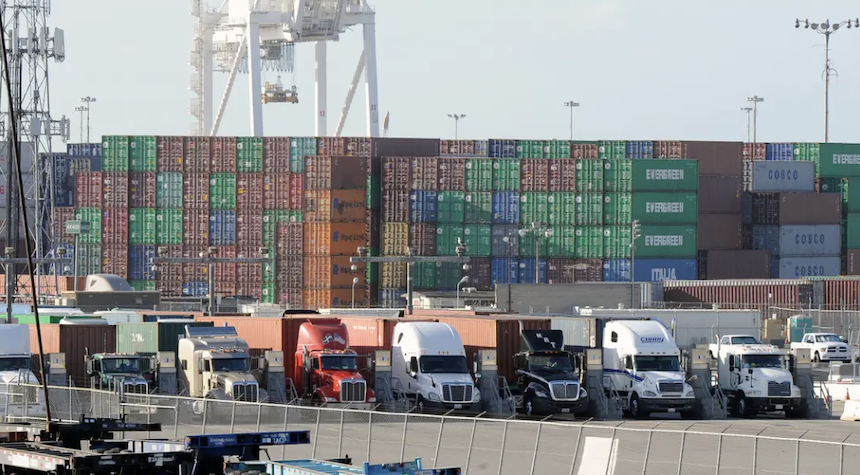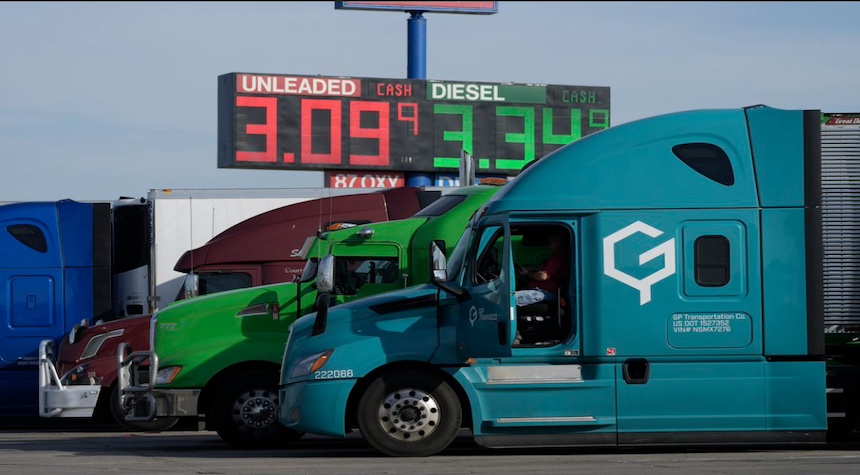The United States has suspended the issuance of worker visas for commercial truck drivers, Secretary of State Marco Rubio announced Thursday. The change took effect immediately.
In a statement on X, Rubio said the decision was linked to safety and economic concerns, citing the growing number of foreign drivers on U.S. roads.
A State Department spokesperson later clarified that the suspension is intended to allow for a “comprehensive and thorough review” of existing screening and qualification procedures for commercial driver visa applicants. The measure applies to applicants from all countries.
The administration has also recently emphasized the enforcement of English language proficiency requirements for truck drivers. The Transportation Department said the policy is aimed at improving road safety after incidents in which limited English proficiency was identified as a contributing factor.

“Ensuring that every driver on our roads meets the highest standards is important to protecting lives, supporting American truckers, and maintaining a secure supply chain,” the State Department spokesperson said.
The suspension comes amid an ongoing shortage of commercial truck drivers in the U.S. The American Trucking Association (ATA) estimates the industry faces a shortfall of about 60,000 drivers nationwide. In a statement, the ATA said it supports additional scrutiny of visa issuance, including enforcement of training standards.
Also Read: Legal Battle Erupts as Male-Born Athlete Challenges NCAA Over Women’s Team Ban
Separately, the administration confirmed Thursday that it is reviewing the records of more than 55 million individuals who hold valid U.S. visas to ensure compliance with eligibility requirements. The State Department said all visa holders are subject to “continuous vetting,” and that visas may be revoked if new information emerges. Holders found to be ineligible could face deportation.
Since taking office, the Trump administration has increased enforcement efforts targeting both unauthorized migrants and violations among holders of student, visitor, and worker visas. Officials said the expanded vetting process reflects a broader review of immigration and visa policies.


